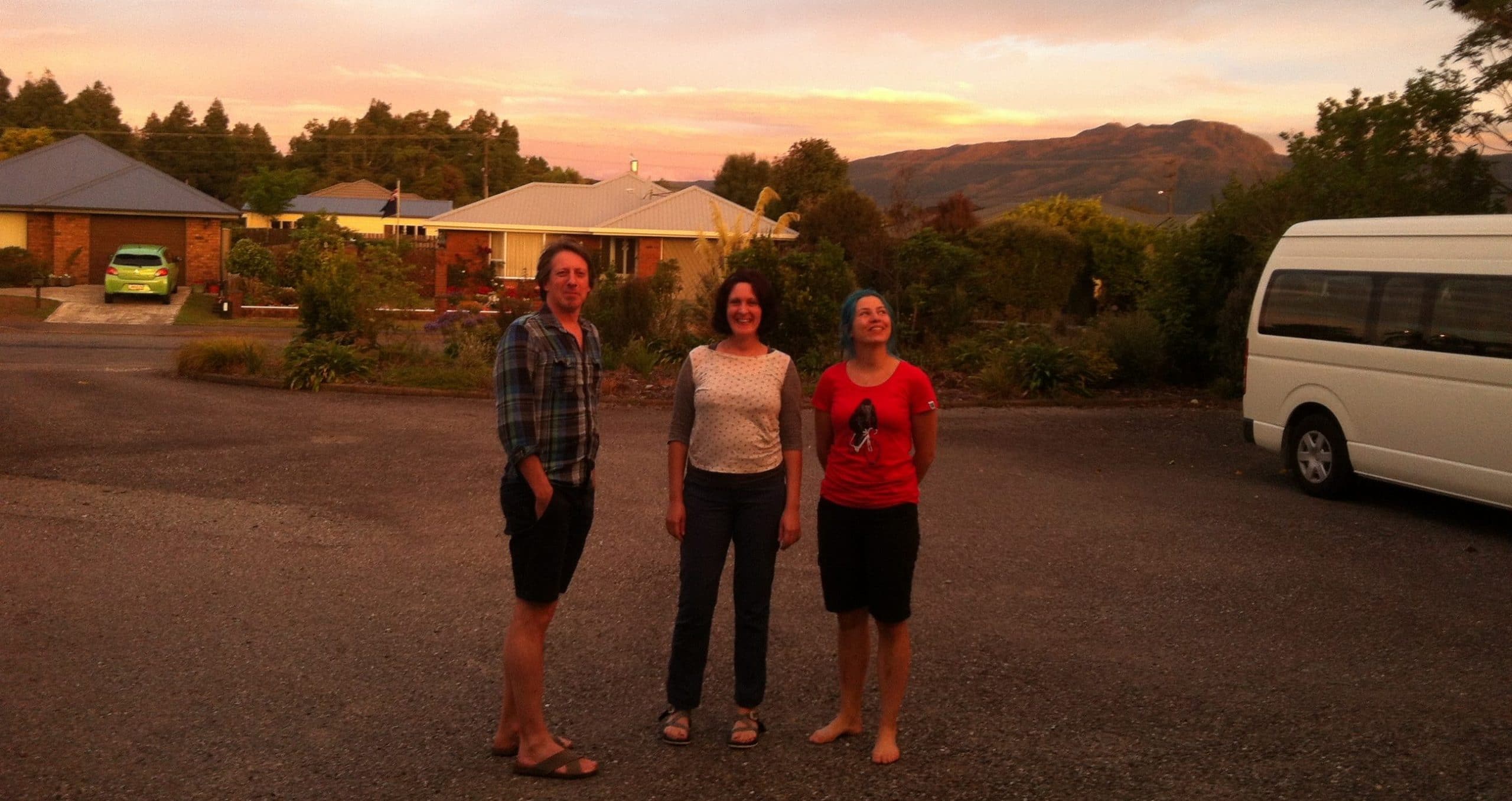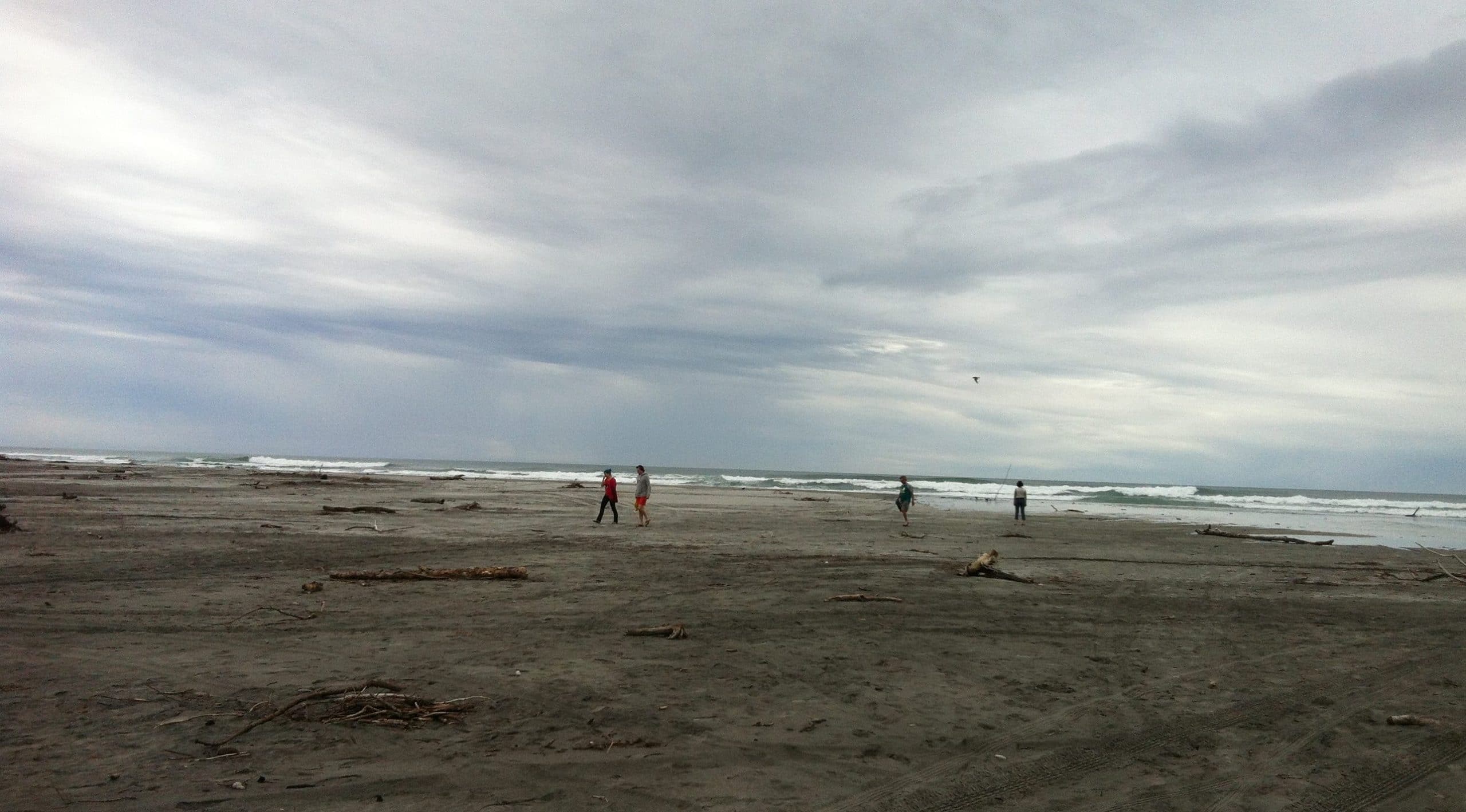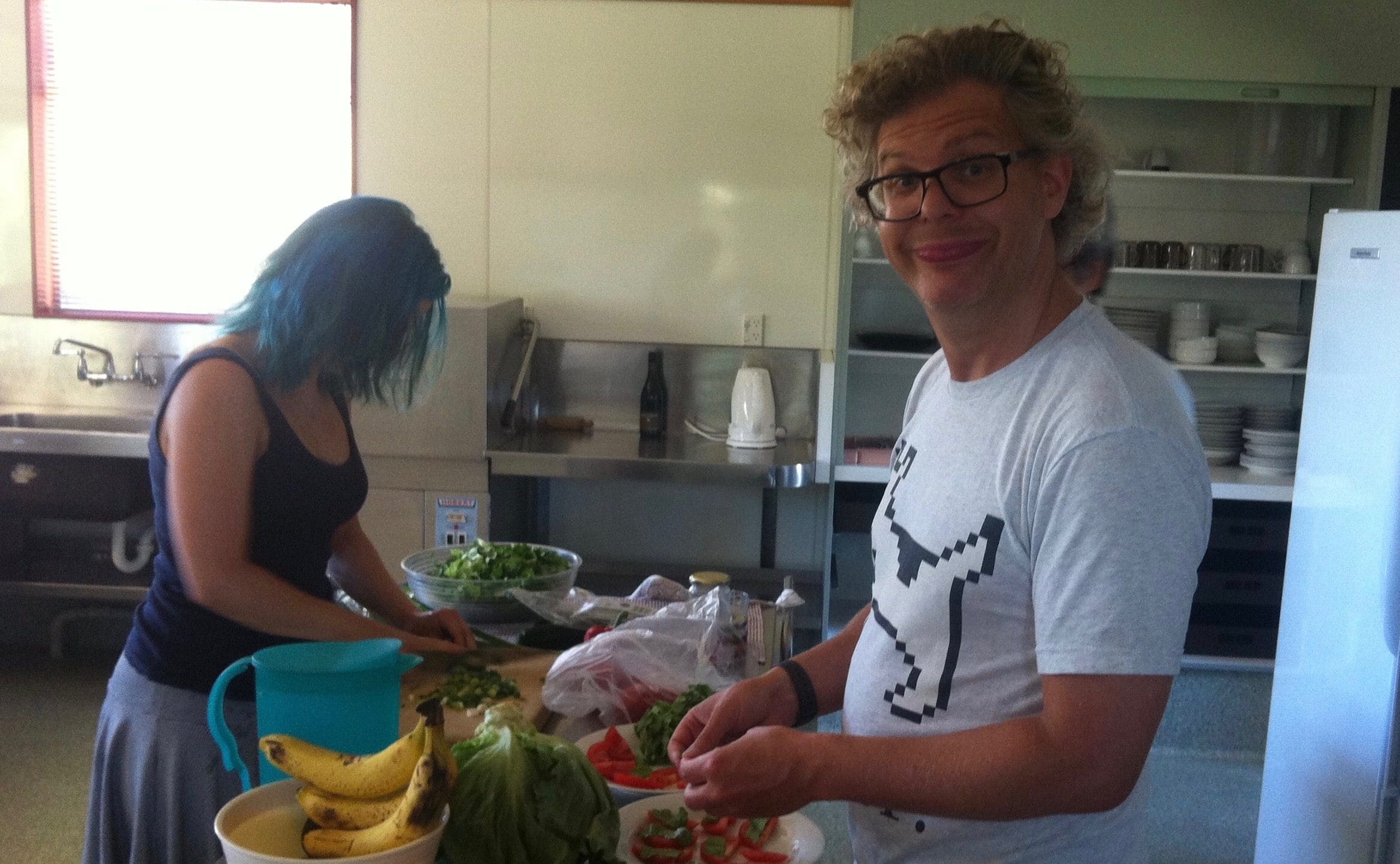What Happened in Westport
“So what’s the normal product at the end of 5 days, a table of contents or something?” asked one of the people joining this week’s Book Sprint on Human Robot Interaction. I chuckled to myself, reassured him that no book meant book, really, and made a mental note to check in with him again at the end of the 5 days.
It is very difficult for most people to believe, that the years of knowledge and expertise of a group of people can be extracted and massaged into a tangible result, which the contributors can feel proud to put their names behind. This is no surprise. For anyone has who attended a workshop which promises collaboration, the outcome is often no more than a bunch of sticky-notes slowly peeling off of a wall, as the participants leave, committing to tasks which once they get back to their lives, get quickly forgotten. So the idea of creating an actual book is pretty far out for most.
As Book Sprint facilitators, we often refer to this as the “magic” of the sprint. We come into the room, as someone the participants have no reason to trust or believe. Normally we have been hired because the organizer thinks this is a cool idea and has maybe heard from someone else that it works. So we perhaps have one person who believes, partly. The participants on the other hand; they are typically there because they have been sent there by their organization or company or because, as in the case of this Sprint, the organizer is a respected colleague in the field. We stand there looking at a sea of disbelieving faces and declare very confidently that at the end of their time together “there will be a book”.
And somehow there is always is. Even though I doubt it myself, just about every time. In this case, 200 pages of a book with bountiful references and visual content. All that by just 6 writers. I did not have high hopes after the first day, after encountering their almost compulsive need to debate each other. But it seemed like perhaps this was part of some kind of strange academic ritual, computers science versus social science in an opinion battle before finally succumbing to the interdisciplinary nature of their field and the fact that actually they need each other.
Some Book Sprints deliver more than the book. They create space for new thoughts, reflections and meaningful exchange and peer-learning. And often new friendships emerge because the process can be fairly intense. At this Book Sprint particularly, it felt like the participants entered the process as peers and left as a community. Holed up together in an environment resembling a school camp, we cooked, cleaned, made mad dashes to the beach when someone’s energy levels were flagging (or even just outside the door to catch the sunset) and constantly egged each other on. There seemed to be a feeling shared by all, wanting to produce something of value but at the same time not taking it too seriously that the process could not be enjoyed.



As the final edits got made and the deep-cleaning of the school camp quarters began, talk turned to plans of sending the book off to publishers. Maybe it will need some more edits and a few bits and pieces added, depending on who picks it up, they agreed, but certainly it’s way more than they could have ever imagined was possible. Same story, different Book Sprint!

